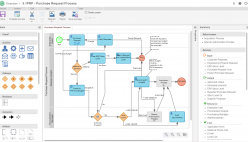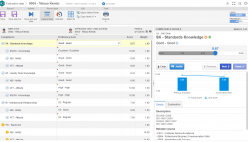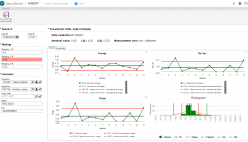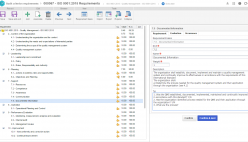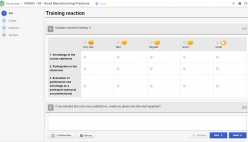In today’s intense and increasingly competitive market, companies are constantly challenged with the rigorous quality regulations for products and services. Market boundaries have vanished and companies across all industries faces customer expectations greater than ever. Executives need to take a greater role in ensuring supply chain sensitive relationships are effectively maintained. To overcome these pressures and prove their compromise, organizations thus are establishing a new culture, deploying integrated quality management systems.
Looking to increase quality of products, processes and services, to cut costs and accelerate time to market (TTM), many organizations follow standards, methodologies and guidelines for quality
management, like ISO, Lean, Kaizen, DMAIC, cGMP, Six Sigma, 8D, among others. Often, these processes are being supported by homemade stand-alone applications or even manual and paper-based systems. However, these kind of solution is limited, generally don´t achieves the whole enterprise, and fail to approach quality problems in a systemic manner, nor give top-level view about quality management processes.
To stave off quality issues associated with production processes and procedures, centralized, enterprise-wide systems must be implemented. Enterprise Quality Management assists organizations in overcoming these obstacles and achieving operational excellence, resulting in a true competitive advantage.

